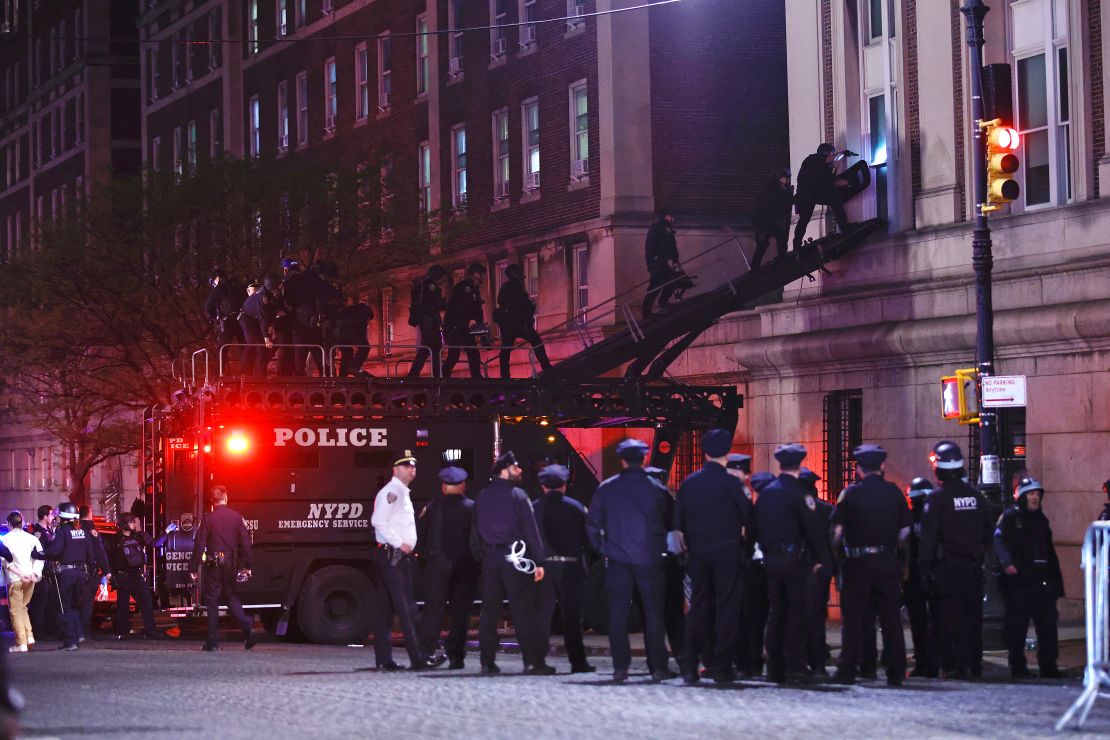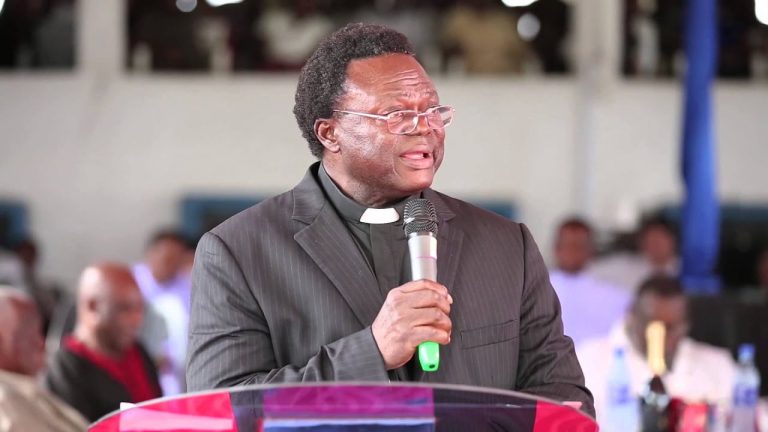
A massive police operation brought an end to Columbia University's encampment. How some schools get around that is as follows:
On April 30, 2024, pro-Palestinian students at Brown University celebrate striking an agreement with the administration that ends their encampment in Providence, Rhode Island.
Pro-Palestinian encampments on the campuses of Columbia and Brown, Ivy League universities, were cleared last week following several days of protests.
While a building takeover, a large-scale arrest, and public criticism of the overwhelming police presence tarnished the seeming conclusion of Columbia’s pro-Palestinian encampments, encampments at Brown and other universities, including Northwestern University, were dismantled willingly.
Additionally, agreements were amicably struck with demonstrators at other public campuses, such as the University of Minnesota and Rutgers University.
Remarkably, not a single school consented to completely divest from businesses operating in Israel—a demand that student protestors have frequently mobilized around the nation to support. Despite criticism from both sides, the agreements at Northwestern and Brown helped to defuse a heated situation that had reached a boiling point at other colleges and universities around the nation.

Early on, a few school administrators set the tone. For instance, on October 7, Northwestern President Michael Schell released a statement in which he expressed his outrage at the Hamas attack on Israel. The Jewish president Shell was careful to draw a line in the sand between himself and his public persona in the same letter. In addition, he reiterated his support for the Chicago Principles, a set of free speech guidelines that many universities have embraced.
To be clear, we do not give up our rights as individuals in a democracy to have and express our own personal political and social opinions. We just must state unequivocally that we are speaking for ourselves,” wrote Shell.
What the educational institutions decided to accomplish
Northwestern announced a deal to disband the encampment with the demonstrators on Monday. The institution consented to pay five Palestinian students’ entire tuition costs and to provide greater openness regarding its precise investment holdings.
If there was just one tent, Northwestern permitted protestors to remain on the campus grass known as Deering Meadow until the end of the quarter.
In order to explore divestment and fund scholarships for at least ten displaced Gazan students, Rutgers agreed to meet with student protestors. Northwestern and Rutgers agreed to increase the number of spaces available on campus for Arab and Muslim students.
Rutgers added that it would “revisit and follow up” on its current partnership with Birzeit University in the West Bank and take into account the possibility of implementing a study abroad or student exchange program.

Other stories
-
Despite working, they still require assistance to provide for their families.
-
Insurance Fraud: How to Spot It and Prevent It
-
I took the wheel of the furious Toyota Tacoma hybrids. This Is Why I’d Continue Using The Less Expensive TRD Off-Road
-
COCOBOD Expresses Worry About New EU Rules
-
NPP to Hold Primary on April 13; Nominations Open on April 2 for Ejisu By-Election






